By Vicki W.
"A child who plays before he sings may remain unmusical for a lifetime. That is why we encounter so many skillful pianists who have no idea of the essence of music." -Zoltan Kodály
The importance of singing in music education cannot be over-emphasized. In the first years of life, children tend to be exposed to a rich supply of singing; their mother or father sings lullabies and nursery rhymes to them on a daily basis. Without realizing it, the parent is in fact providing exactly the type of music the child needs to develop both musicality and language skills, due to the simple melodies, repeated rhythmic patterns and long vowel sounds common to both.
It has been shown in numerous educational studies and will come as no surprise to learn that the quality of interaction and partnership between children and their primary care-givers is highly significant in determining success in learning and life in general. It seems obvious that acting as a positive role-model and giving children access to a stimulating and safe environment will develop self-esteem and a positive attitude in our youngsters. We are aware of the importance of reading stories to our children, demonstrating simple counting and addition skills, insisting upon good manners and encouraging kindness. Yet beyond the baby years, the vast majority of parents stop singing to their children.
While most of us are happy to sing to our babies in the privacy of our own home, we become less confident and more inhibited as they grow up. Children pick up on this negativity and learn to associate singing with something they don’t want to do. The only way to ensure that this doesn’t happen is to sing with our children. Just as they need to hear adults talking, children need to hear adults singing in everyday life. They really don’t care how well you can sing or what you sound like. There is no need to present a polished performance. To them, your singing voice is perfect just the way it is!
Singing is one of the simplest and yet most powerful forms of music-making. It doesn’t cost anything, anyone can learn, and everyone possesses an instrument. All the basic elements of music – pitch, melody, harmony, timbre, rhythm, dynamics, expression and so on - can be learned through singing. In fact, because of the lack of an instrument, singing is the quickest and most direct way to learn and internalize music. Crucially, it is also vital for developing a ‘good ear’ – you cannot have one without the other.
Social and joyous, singing frees the soul and relieves the stresses of everyday life. Because the essence of singing is internal, it is felt more deeply than playing an instrument and therefore has a more profound and personal effect. It is an ideal way to bond with your child and gives them a positive and acceptable outlet for their emotions. If that wasn’t enough, singing has been shown to increase social harmony, boost the immune system, improve powers of concentration, and enhance classroom performance. And a love of singing lasts a lifetime. All good reasons to put aside your inhibitions and give it a go – you might even enjoy yourself!
© New Mozart School of Music

